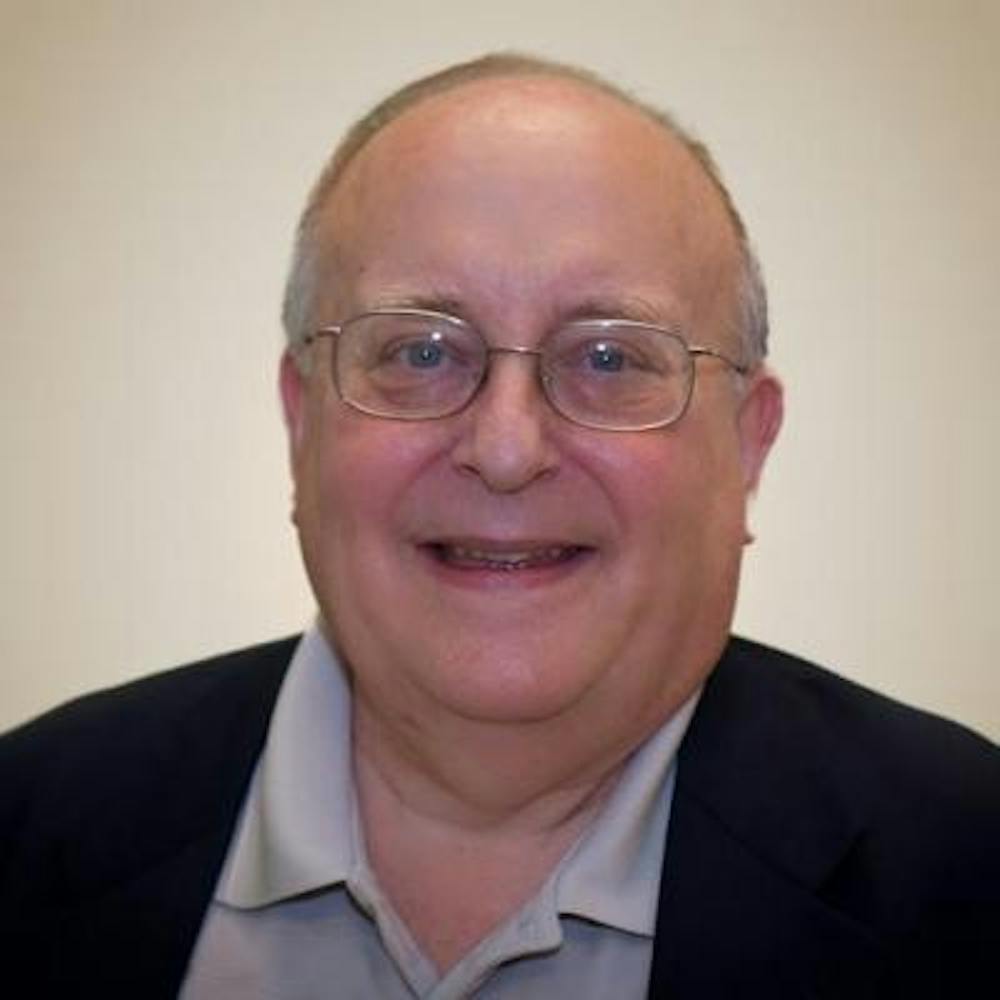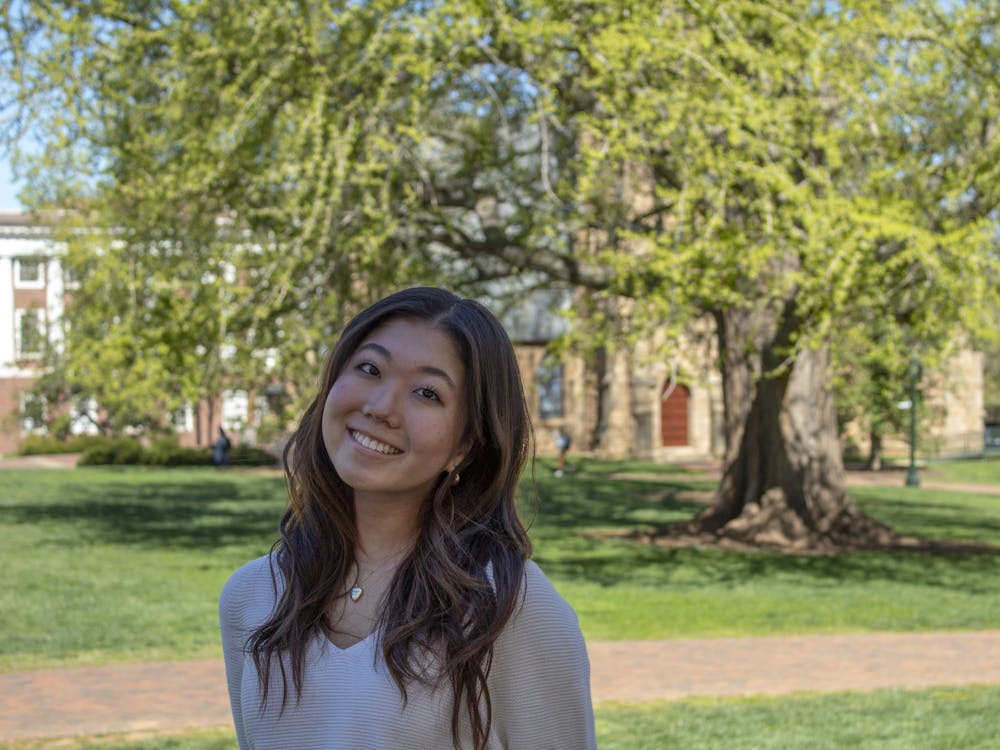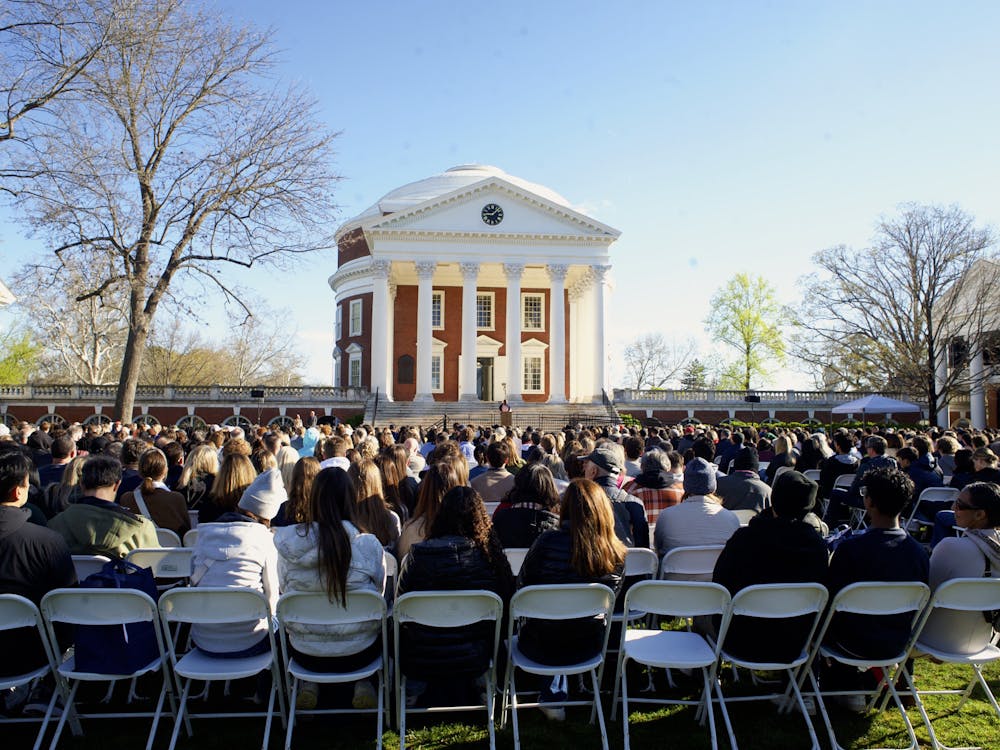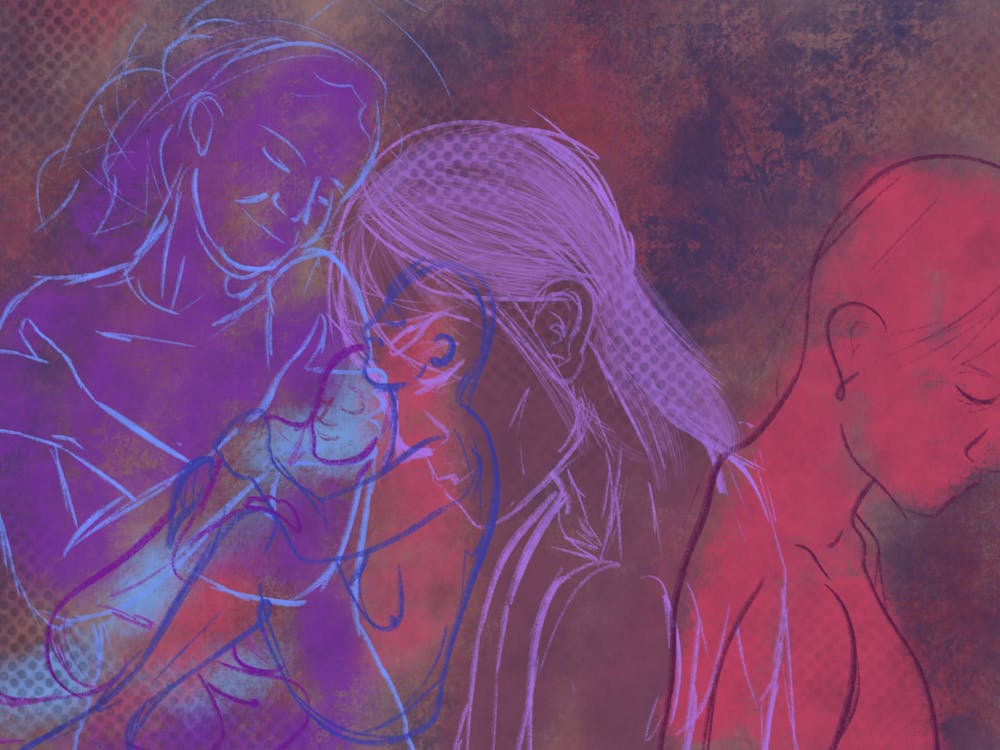John Bonvillian, an associate professor emeritus of psychology, passed away May 8 due to complications of pancreatic cancer at the University’s Medical Center. Former students and colleagues say he touched many through his professorship, research and kind, serving personality at the University.
“He had a great sense of humor,” said William Bonvillian, who is Bonvillian’s brother and teaches at the Massachusetts Institute of Technology. “He had a strong sense of irony and used a lot of word play and had a kind of sparkling smile as he would tell stories to his class.”
As a student, Bonvillian received a B.A. in Psychology from Johns Hopkins University in 1970 and began exploring his interest in child development and psycholinguistics. From there, Bonvillian earned his Ph.D. in 1974 at Stanford University, where he began working with William C. Stokoe — known as the father of American Sign Language — to edit the journal Sign Language Studies. Shortly after, Bonvillian continued his research and began teaching at the University, where he remained from 1978 to 2015. Upon retiring, Bonvillian held the title of associate professor in the Department of Psychology and Interdepartmental Program in Linguistics.
During his time at the University, Bonvillian taught over 15,000 students. In particular, Bonvillian taught many courses in psychology, through which many students interacted with him on a personal level, including University alumna Gillian Gardiner, who now works in the Department of Emergency Medicine. Gardiner first met Bonvillian through an intro psych course, but got to know him better through an upper-level psych class.
“He always challenged us to think critically and expand our knowledge, but was simultaneously so supportive and would provide coffee, tea and cookies to every single class,” Gardiner said in an email.
Despite being one of over 350 students in Bonvillian’s introductory psychology course, University alumna Jessica Davis remembers how comfortable students were around Bonvillian, and how much care and thought Bonvillian put into writing recommendation letters.
“He cared about his students more than any professor I have ever met,” Davis said. “And he took teaching very seriously. He hand-wrote every letter of rec to every student who asked for one. He always took the time ... He was very approachable and kind to anyone.”
Davis also worked extensively with Bonvillian on his research in the creation of a simplified sign language system. Although American Sign Language is used widely by many deaf and hard-of-hearing people, its complex syntax, grammar and hand gestures make it difficult for the atypical language developer to use it, such as those on the autistic spectrum, who lack certain motor capabilities.
“[Bonvillian] had the idea that a new system could be created so that people could communicate with simple gestures,” Davis said. “Working with him was amazing.”
To create this system, Bonvillian and his researchers looked at over 120 sign language dictionaries from all over the world to find the most simplified signs that had gestures that anyone with motor incapabilities could perform. Then, they collected data of which signs were best recalled and added it to a lexicon of more than 1,600 words.
Despite critics along the way, Davis believed in Bonvillian and his work.
“He loved to talk about it with anybody who would take five minutes to listen,” Davis said. “He was really inspired by the work he was doing. He believed it would change the world. I believed it would change the world, and I still do ... his words were, ‘People think I’m crazy,’ and there were many times where I would tell him I don’t think he was, and I thought what he was doing was worth doing and vital.”
Though beginning as a sign system for the atypical language developer, as Bonvillian continued to research, he found that the simplified sign system could be useful when learning a secondary language.
In addition to his research, Bonvillian was an integral part of the ASL program at the University and consistently volunteered his time and energy to ensuring deaf teachers and students here felt valued.
Christopher Krentz, former director of the ASL Program, worked actively with Bonvillian to establish the program and remembers Bonvillian’s dedication.
“John always made me feel valued and respected,” Krentz said. “He continued to come to lecture series and committees. He made time for us, and that was so very appreciated… His involvement was all the more remarkable because I never had any doubt about his support or unwavering belief.”
Bonvillian was also the faculty advisor for many years to the University’s Theta Chapter of Alpha Phi Omega, a service fraternity.
Gardiner, APO’s advisor, wrote about Bonvillian’s dedication to the chapter in an email to The Cavalier Daily.
“He cared deeply about these and other community organizations in a way that extended far beyond the concrete service projects we would complete there,” Gardner said. “I think this mentality of long-lasting community partnership, service and support is now an integral part of APO.”
With his long-standing legacy at the University in various communities, he touched many lives with his kindness, empathy and intellect. Krentz also spoke to Bonvillian’s easy-going nature and the confidence he gave those around him.
“He was very characteristic of telling stories and always smiled,” Krentz said.
Professor Gregory Popp, current director of the ASL program, spoke to Bonvillian’s ability to captivate with his stories.
“John was a wonderful open guy who knew a lot about everything,” Popp said. “[John] had stories about everything. We had a lecture and he would say, ‘That reminds me of working with Bill Stocke,’ or ‘At the SALK institute we learned about this aspect.’ We’ve grown so much from just satisfying the language requirement, and it’s all part of John’s legacy, and we’ll miss him.”





